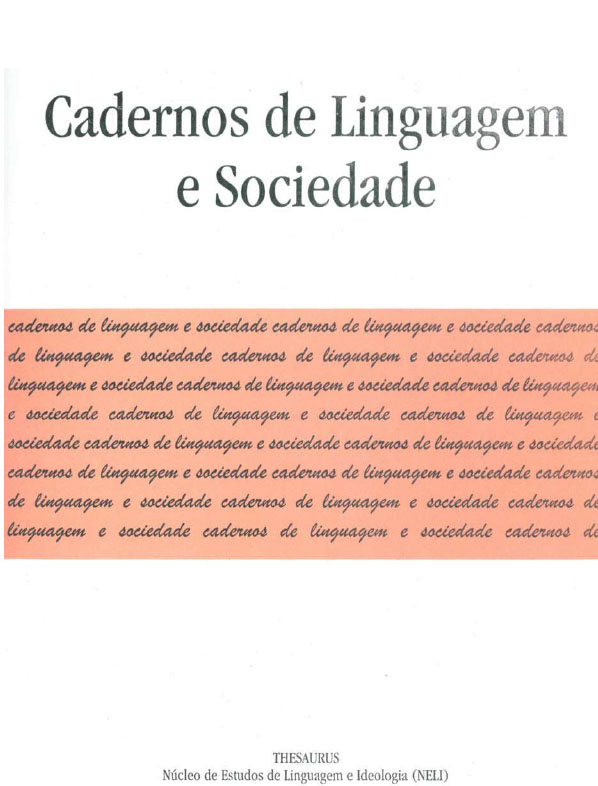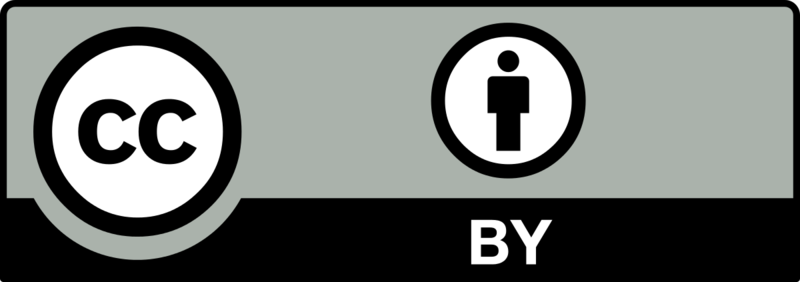Informal orthographies, informal ideologies spelling and code switching in British Creole
DOI :
https://doi.org/10.26512/les.v2i1.2952Résumé
This paper is concemed with the written representation of British Creole (a local British variety of Jamaican Creole) which has no standard orthography. Original writing is published from time to time (and we can assume that much unpublished writing goes on as well) using modified Standard English orthographies made up by the original writers. The paper examines what writers actually do when they write Creole and links this to an implicit ideology of "subversion" of the Standard Orthography rather than subservience to it. Some proposals are made up for moving toward a norm for spelling British Creole.
Téléchargements
Références
Breeze, J. B. Riddym Ravings and other poems. Edited by Mervyn Morris. London:Race Today Publications, 1988.
Cassidy, F. G. A revised phonemic orthography for Anglophone Caribbean Creoles.Paper presented at the Conference of the Society for Caribbean Linguistics.
CaveHill, Barbados, 1978. Cassidy, F. G. and Le Page, R. B. Dictionary of Jamaican English. Cambridge: Cambridge University Press, 1967/1980.
De Camp, D. Towards a generative analysis of a post-creole speech continuum. In:Hymes, D. (ed.) Pidginization and creolization of languages: proceedings of a conference held at the University of the West lndies, Mona, Jamaica, April 1968.Cambridge: Cambridge University Press, 1971, pp. 349-370.
Devonish, H. Language and liberation: Creole language politics in the Caribbean.London: Karia Press, 1986b. Gõrlach, M. and Holm, J. (eds.) Focus on the Caribbean. Amsterdam: JohnBenjamins, 1986.
Hellinger, M. On writing English-related Creoles in the Caribbean. In: Gõrlach andHolm (eds.), 1986, op. cit.
Hewitt,R. White talk black talk. Cambridge: Cambridge University Press, 1986.
Johnson, L. K. Inglan is a bitch. London: Race Today Publications, 1980.
Joseph, J. E. Eloquence and power: the rise oflanguage standards and standardlanguages. London: Francês Pinter, 1987.
Kloss, H. "Abstand" languages and "Ausbau" languages. Anthropological Linguistics, 9:29-41, 1967.
Kloss, H. Der Entwicklung neuer germanishcer Kultursprachen seit 1800.2nd ed. Düsseldorf: Schwann, 1978.
Le Page, R. B. Sociolinguistic aspects of literacy. In: Bolton, K. and Kwok, H.(eds.) Sociolinguistics today: International perspectives. London: Routledge,1992.
Macafee, C. Varieties of English around the world: Glasgow. Amsterdam: JohnBenjamins, 1983.
Schieffelin, B. B. and Doucet, R. C. The "real" Haitian Creole: ideology,metalinguistics and orthographic choice. American Ethnologist, 21: 176-200,1994.
Sebba, M. London Jamaican: language systems in interaction. London: Longman,1993.96
Téléchargements
Publié-e
Comment citer
Numéro
Rubrique
Licence
Autores/as que publicam nesta revista concordam com os seguintes termos:
Autores/as mantêm os direitos autorais e concedem à revista o direito de primeira publicação, sendo o trabalho simultaneamente licenciado sob a Creative Commons Attribution 4.0 International license que permite o compartilhamento do trabalho com reconhecimento da autoria do trabalho e publicação inicial nesta revista.



